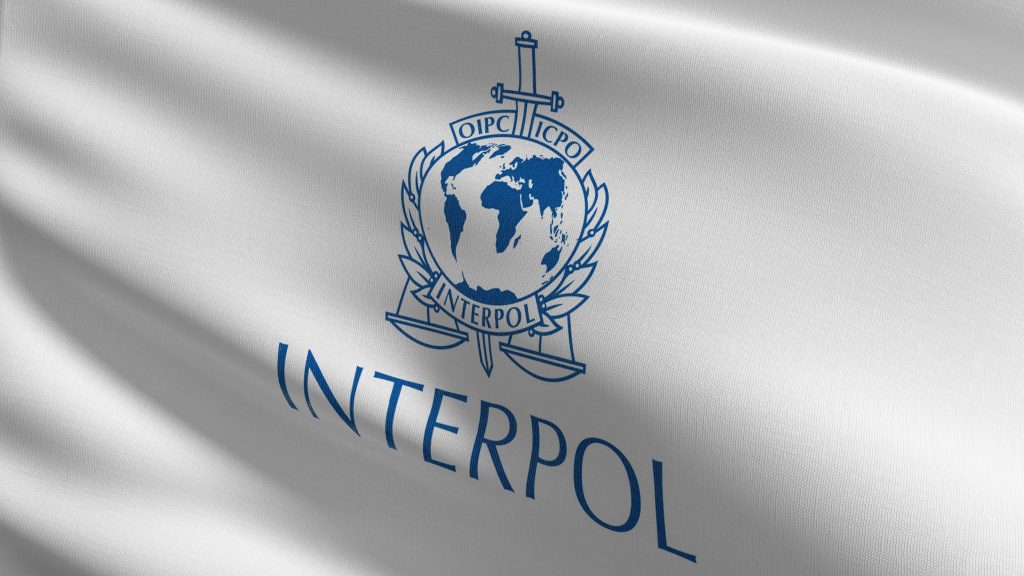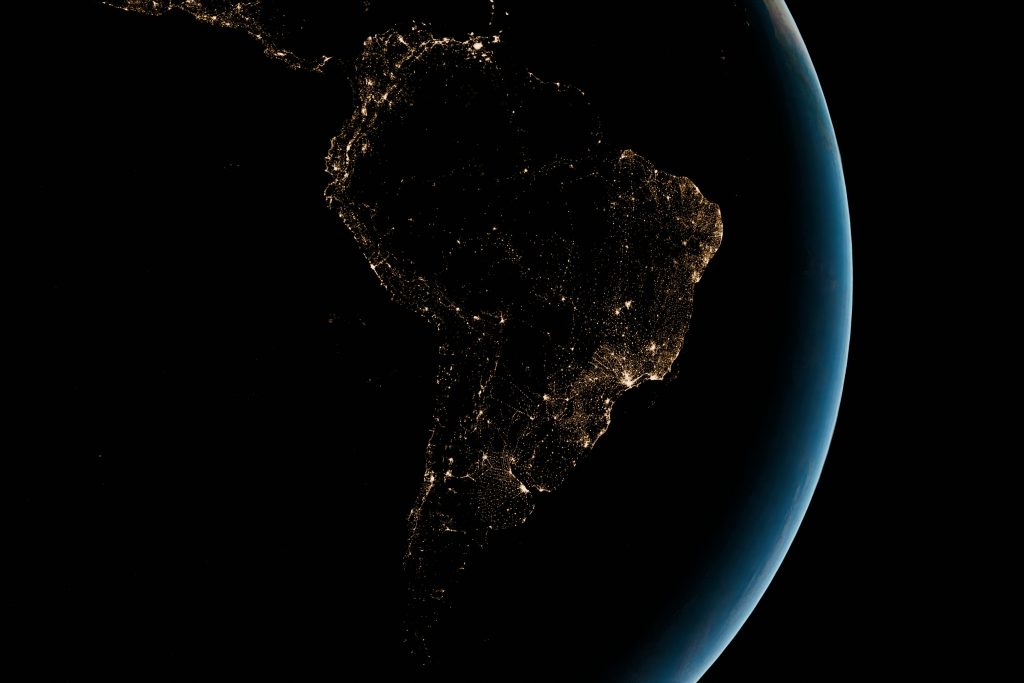Microsoft has outlined that identity is where cyber-intruders strike first:
“For years fraudsters have claimed to be deposed princes with fortunes to share, or sweepstakes hosts desperately trying to reach you, but the advent of email and text messaging re-franchised these schemes for the digital world. Play this forward, and picture what phishing could look like in the metaverse. It won’t be a fake email from your bank. It could be an avatar of a teller in a virtual bank lobby asking for your information. It could be an impersonation of your CEO inviting you to a meeting in a malicious virtual conference room.”
With funding from South Korea, Interpol has recently coordinated cyber-crime operations targeting online fraud such as romance scams, investment fraud and money laundering associated with illegal online gambling. In 2021, operation HAECHI-II saw police in 20 countries arrest more than 1,000 individuals and intercept over $27million USD of illicit funds from cyber-enabled financial crime. In October this year, South Korea publicised that it had put out an Interpol Red Notice for Do Kwon , the founder of Luna crypto-currency which collapsed with an estimated $60 billion crash in the crypto market in May. I t is estimated that approximately 280,000 people in South Korea invested and lost money in the crypto-currency.
The threat of criminal activity in the Metaverse is next on Interpol’s agenda, with particular challenges identified as social engineering scams, violent extremism and misinformation.
“By identifying these risks from the outset, we can work with stakeholders to shape the necessary governance frameworks and cut off future criminal markets before they are fully formed,” said Madan Oberoi, Interpol’s Executive Director of Technology and Innovation. “If terror group wants to attack a physical space they may use this space to plan and simulate and launch their exercises before attacking,” he said.
The European Union’s law enforcement agency Europol has reported that terror groups may start using the Metaverse for propaganda, recruitment and training.
Unlike much of the work done by Interpol, its Metaverse announcement was picked up by international media outlets prompting the question whether it was more of a novelty press stunt to give Interpol a modern face lift where recent media coverage has been far from flattering, such as the President of Interpol being investigated for crimes of torture against two Brits .
At the General Assembly in Delhi, India, Interpol hosted a live Metaverse demonstration where experts delivered a training course on travel document verification and passenger screening in a Metaverse classroom. Students were then teleported to an airport where they were able to apply their new skills at a virtual border point.
Facebook rebranded to ‘Meta’ in 2021 signalling its intentions to bring the Metaverse to the masses and businesses such as HSBC bank and even law firms are moving into the Metaverse. The Financial Times reported this month that:
“The legal industry is notoriously conservative, but some forward-thinking lawyers are testing out metaverses such as Decentraland or The Sandbox, which allow users to connect up, as well as run businesses, buy parcels of “land” to build virtual office space, host virtual meetings and buy and sell digital assets.”
In keeping with this direction of travel, the World Economic Forum recently teamed up with Interpol, Meta (Facebook) and Microsoft to explore how the Metaverse will be governed. Omar Al Omari, the UAE Minister for Artificial Intelligence, was invited to speak alongside representatives from Meta and Second Life at a panel discussion in May. Al Omari is a member of the World Economic Forum’s Global Fourth Industrial Revolution Councils which seeks to help policy-makers and businesses strike the right balance between enabling emerging technologies and mitigating resultant social risks.
The UAE has successfully leveraged power within Interpol over recent years, it is one of the biggest ‘in-kind’ funders of Interpol and their presidency candidate, Major General Al-Raisi, was voted through by a majority of the 195 member States in November 2021. In 2017 the UAE donated $54m to Interpol and has found less direct ways to funnel money into Interpol, by making pledges through the not-for-profit ‘ INTERPOL Foundation for a Safer World ’. The not-for-profit donated over € 6million to Interpol in 2021, with the Cybercrime Programme listed amongst its priorities. Voluntary cash funding supports specific Interpol crime initiatives, such as policing the Metaverse.
As the current Inspector General at the UAE Ministry of Interior, Al-Raisi’s responsibilities include overseeing the organisation and management of the UAE’s security and police forces . Earlier this year it was reported that UK officials from 10 Downing Street and the Foreign and Commonwealth Office were hacked by the UAE using the Israeli-made Pegasus software. Any such hacking will have occurred on Al-Raisi’s watch.
A new high-tech HQ on the Metaverse may fall short of alleviating widespread human rights concerns connected with Interpol’s key players .
If you require legal advice from specialist Interpol Red Notice lawyers about any matter relating to Interpol, please contact us here . You can read more about us, here .



